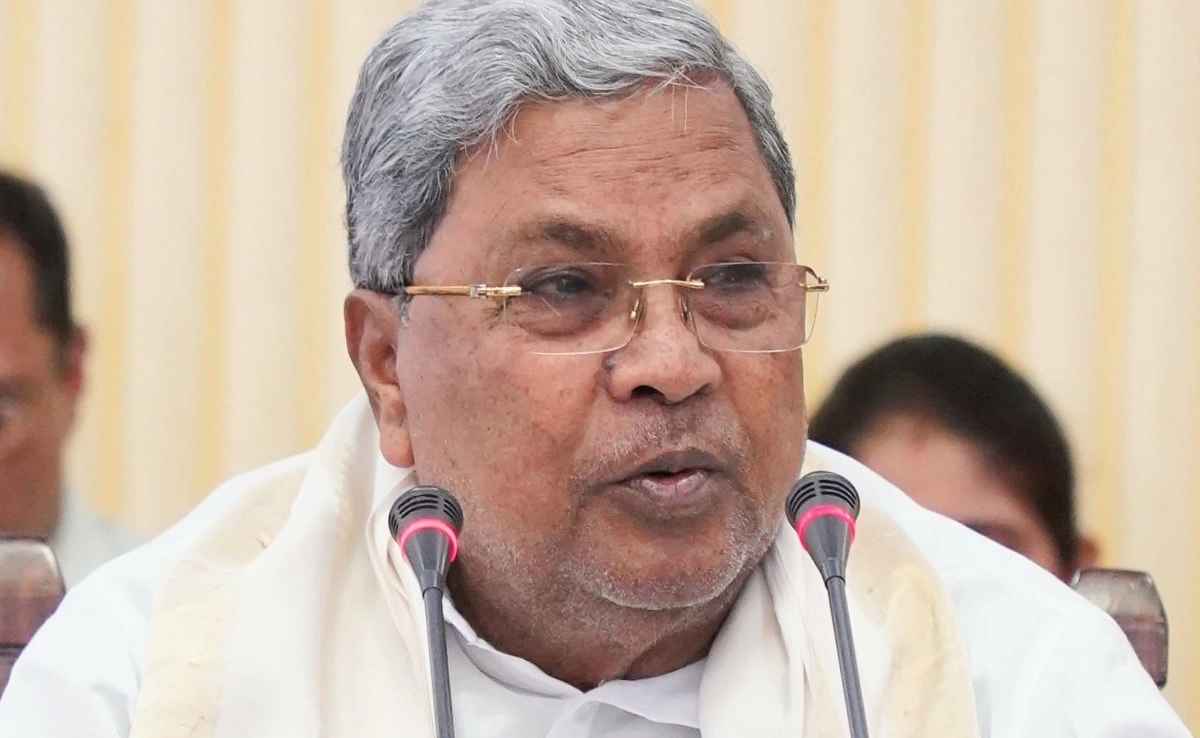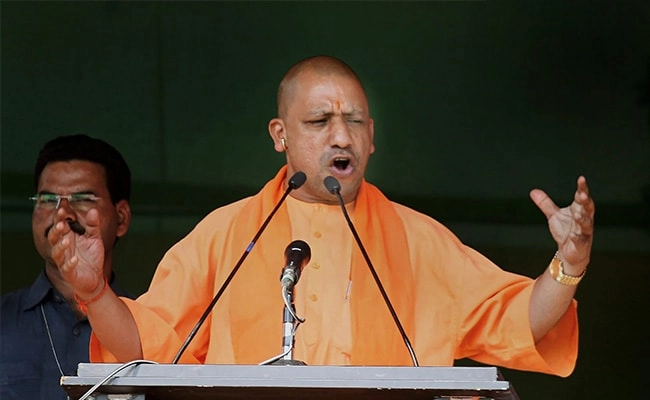The recent comments made by Siddaramaiah, the Chief Minister of Karnataka, have stirred significant reactions across the border in Pakistan. His remark, which referenced the potential for the Indian government to confer the title of “Pakistan Ratna” upon certain individuals, has ignited discussions and debates within political circles in both India and Pakistan. This title, which translates to “Gem of Pakistan,” is typically used to honor individuals for their contributions to the nation. The suggestion that such a title could be awarded in a political context has raised eyebrows and prompted a flurry of responses from various stakeholders.
In India, particularly among members of the Bharatiya Janata Party (BJP), Siddaramaiah’s statement was met with skepticism and criticism. The BJP has a history of emphasizing nationalistic sentiments and often portrays itself as the guardian of India’s sovereignty. As a result, any perceived attempt to valorize figures associated with Pakistan tends to be met with backlash from its leaders and supporters. The party’s reaction underscores the ongoing tensions and complex dynamics between India and Pakistan, where historical grievances and political rivalries continue to shape public discourse.
On the other side of the border, Siddaramaiah’s remarks have been interpreted through various lenses, eliciting a mix of amusement and concern among Pakistani political commentators and citizens. Some see the comment as an opportunity for dialogue and a potential thawing of relations, while others view it as a provocation that could exacerbate existing tensions. The media in Pakistan has picked up on the story, highlighting how comments from Indian leaders can reverberate and impact public sentiment and political narratives in Pakistan. This incident serves as a reminder of how interconnected the political landscapes of India and Pakistan are, where words can carry significant weight and implications.
The incident reflects the broader trends in South Asian politics, where rhetoric often plays a crucial role in shaping bilateral relations. As both countries continue to navigate their complex histories and current challenges, the remarks made by political leaders can either foster understanding or deepen divides. Siddaramaiah’s statement, while perhaps intended as a critique of the BJP’s policies or approach, has inadvertently sparked a conversation that transcends borders, illustrating the intricate web of regional politics. This situation encourages a reflection on how political discourse can influence perceptions and relations between neighboring countries, potentially paving the way for either confrontation or reconciliation.




